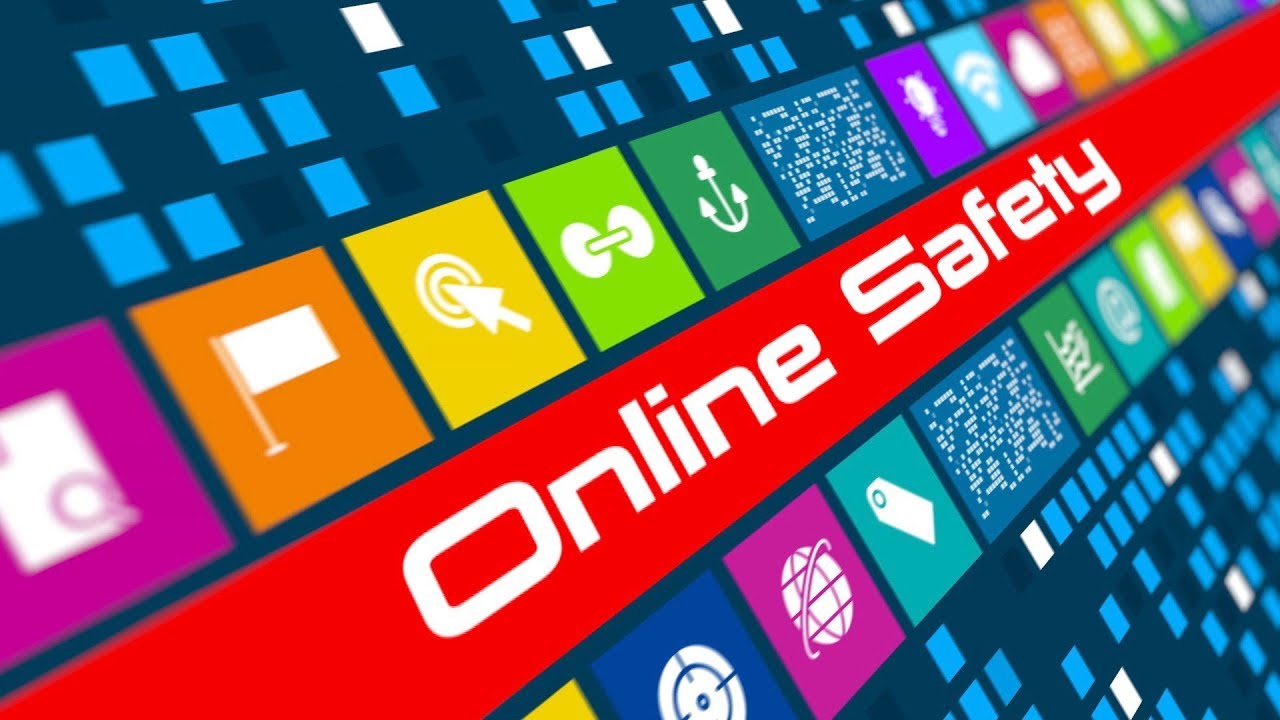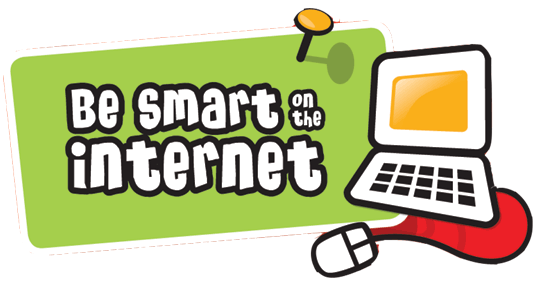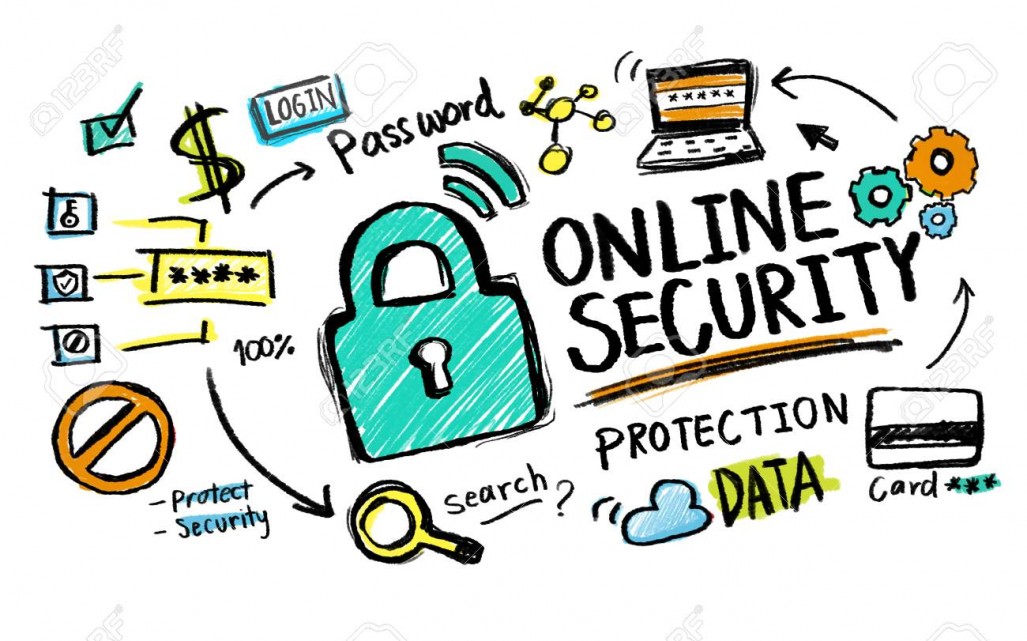Internet Safety & PREVENT
Internet Safety & PREVENT
Welcome to the Internet Safety page. In an ever increasing digital world, it is important that we have the correct procedures and education in place to help our students to keep safe online.
Please click below to view our PREVENT delivery plan.

E-safety Delivery Plan 2020-2021
Year 7
SMART rules (code of contact for online activity) and knowing where to find advice or help (the role of CEOP and other agencies). How to report unsuitable or uncomfortable online issues. Privacy on social media and what your profile reveals about you. How to protect yourself from identity theft through strong and secure passwords as well as suitable account settings. Teaching our students to be able to identify reliable sources of information and the dangers of one to one contact with unknown users.

Year 8
How to stay safe online and knowing where to find help and advice (the role of CEOP and other agencies). How to report unsuitable or uncomfortable online issues.
Posting videos – share and care, do you really know who you are talking to?
Fake News – What makes an article reliable online? How to check the authenticity and accuracy of online content.
PREVENT (anti-radicalisation)
- Extremist propaganda
- Definitions of extremism
- Case studies/consequences (London Bridge attack)
- Persuasion and Influence
- Vetting sources of information/reliability
- Stereotyping
- Online crime reporting

Year 9
Knowing where to find advice or help (the role of CEOP and other agencies). How to report unsuitable or uncomfortable online issues.
Digital Footprint – What information companies collect, why they collect it and how it is used.
At the end of the programme all students will complete an e-safety audit which records how students have changed their views and potential actions/response to different online situations.
Extra- curricular
- All years - assembly on E-Safety (presented by Student Leadership Team).
- All years - Safer Internet Day (presented by Computing department).
![]()
KS4 Computer Science
As part of the course curriculum, students have to cover the following laws:
- General Data Protection Regulation
- Computer Misuse Act (1990)
- The Data Protection Act (1998)
- Copyright, Design and Patents Act (1988)
Personal, Social, Health and Economic Studies – All year groups
A separate PSHE whole school audit identifies the delivery of key themes across the curriculum including RE units on sex and relationships education including consent, child sexual exploitation and peer pressure. Students are also encourages to make choices and decisions based on accurate information obtained through their own research using a range of sources, including the internet and other social media sites (see separate PHSE audit)
Religious Education
Year 9
Religion and the media, propaganda, fake news and prejudice including Islamophobia.
Year 10
Censorship of inappropriate content, covering topics such as age ratings and material that could cause offense (being associated with violence or racism).
Discrimination, prejudice, extremism and the influence of the media.
Citizenship – Year 10 and 11
All KS4 students study the Gateway British Values qualification which teaches students to identify possible sources of extremism and radicalisation.
Social Media Safety Tips
Chatroulette
Omegle
Online Grooming
Onlyfans